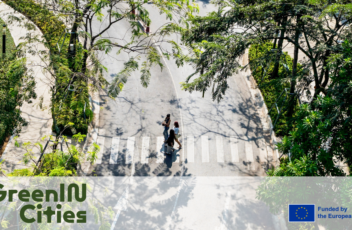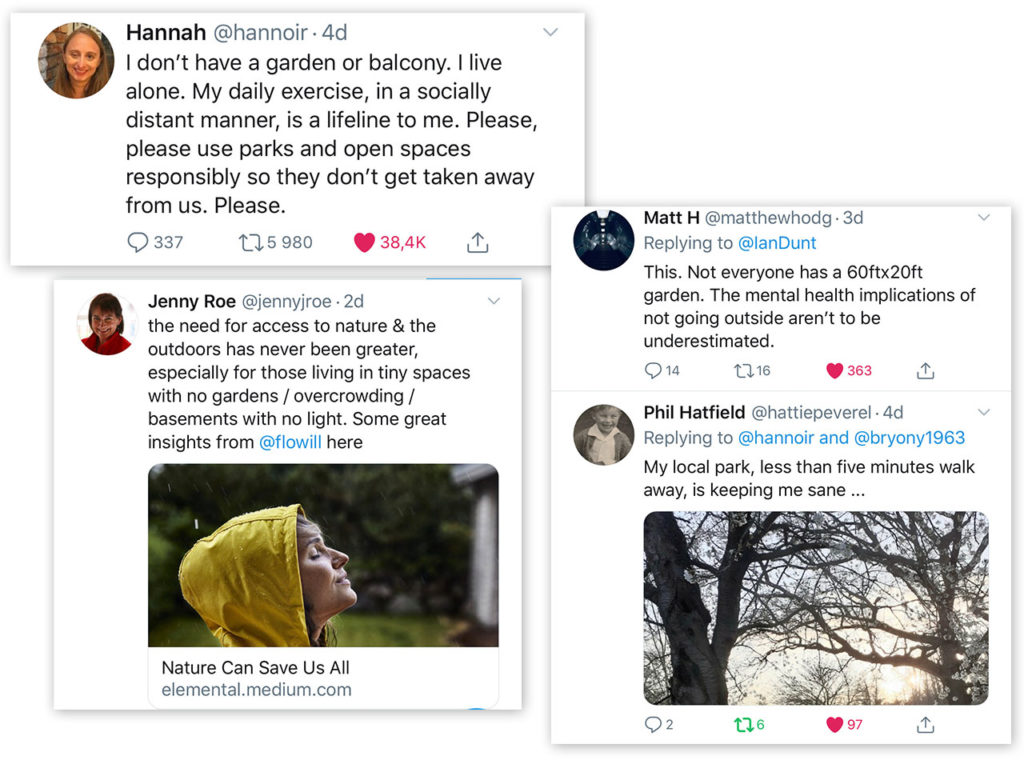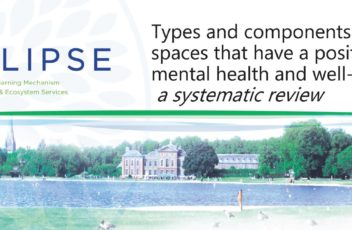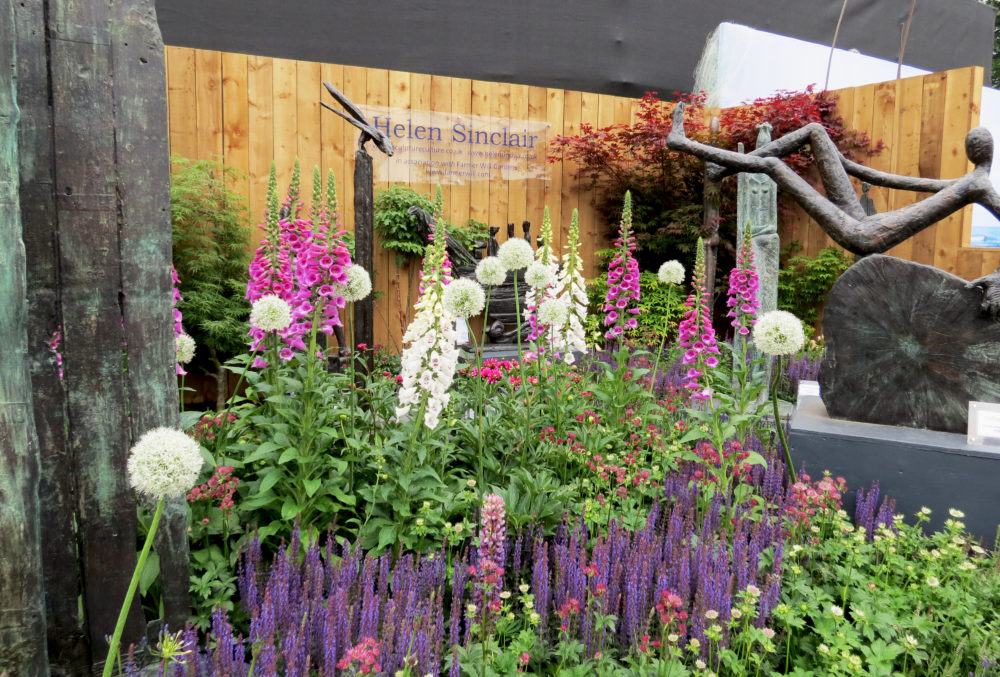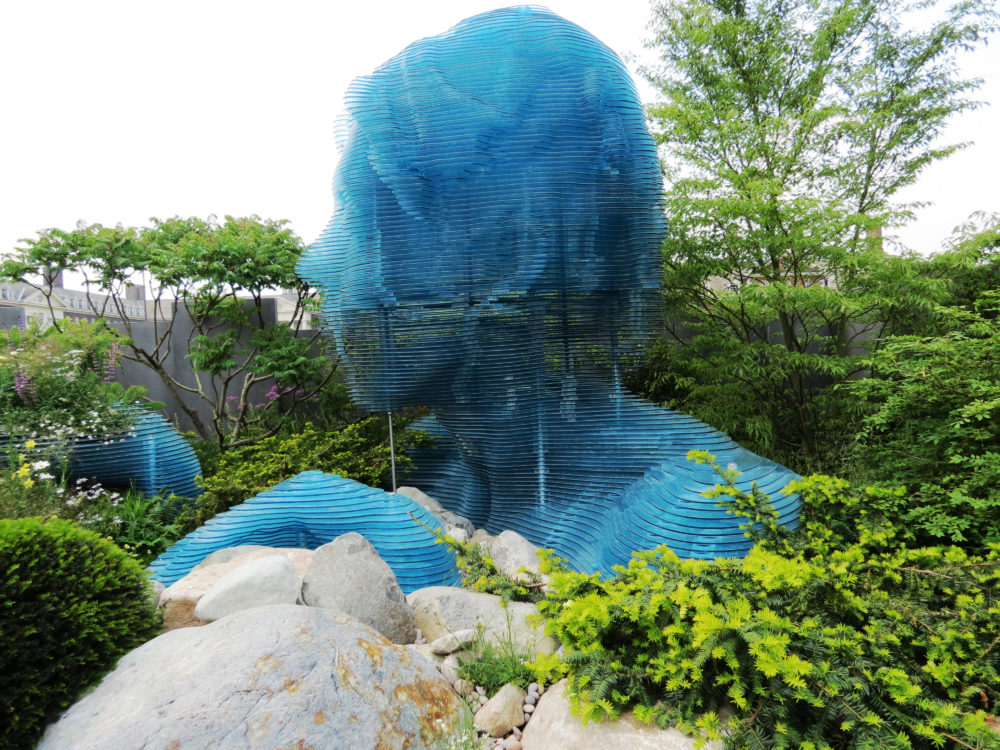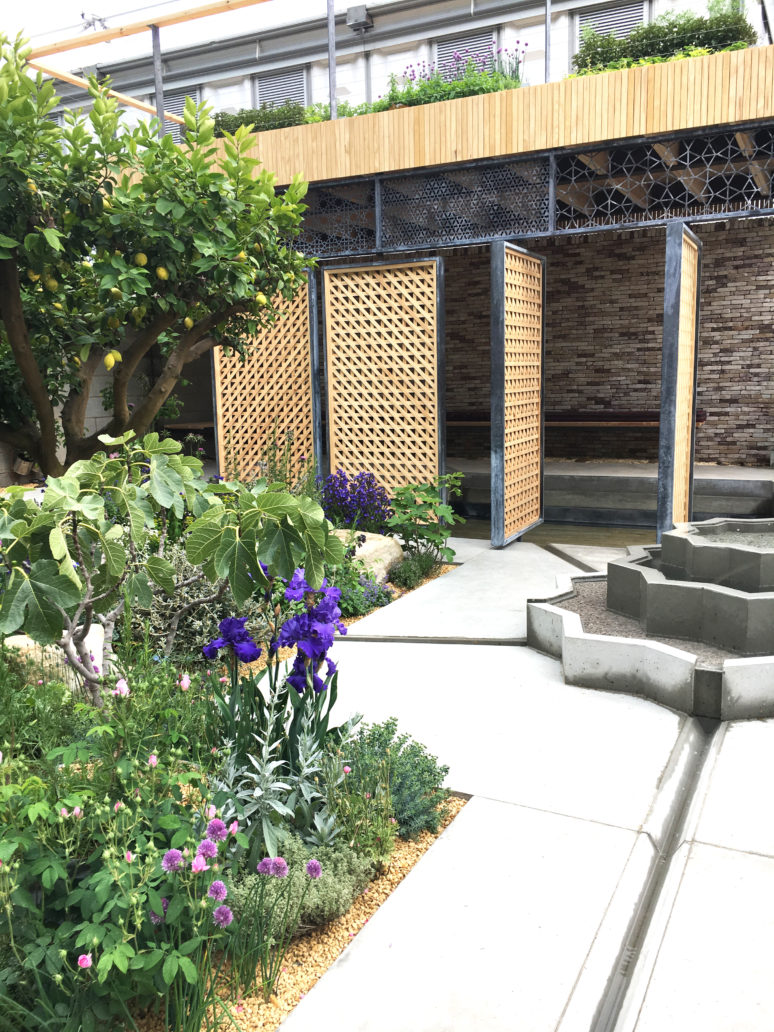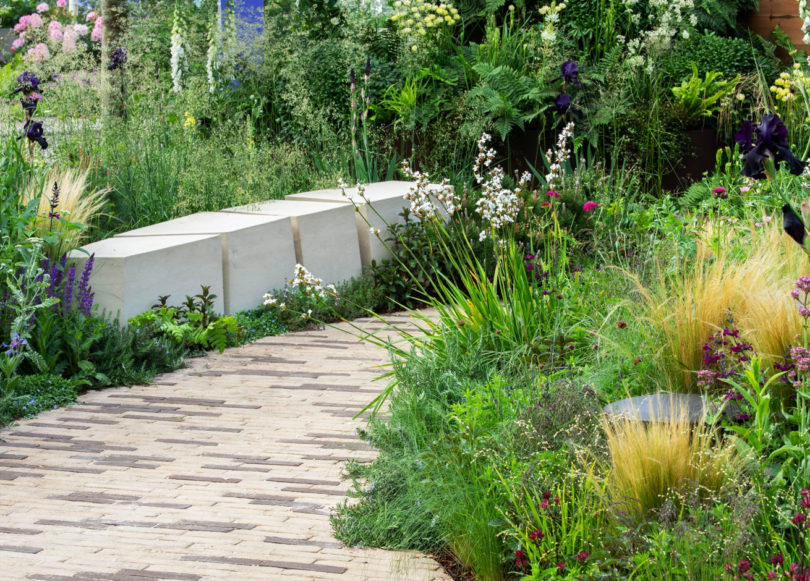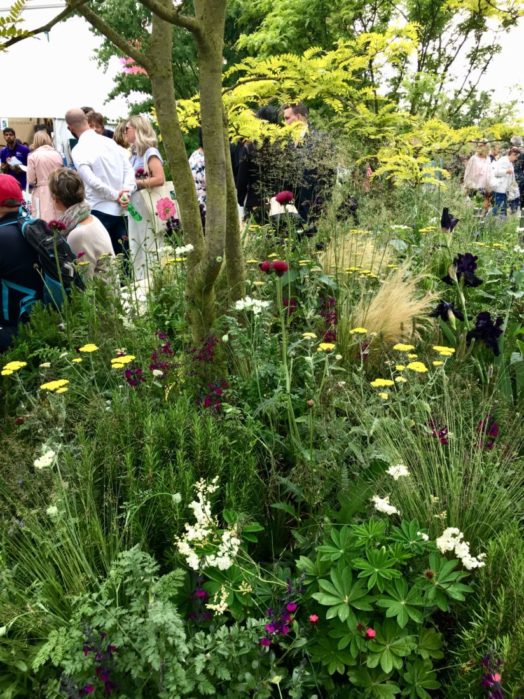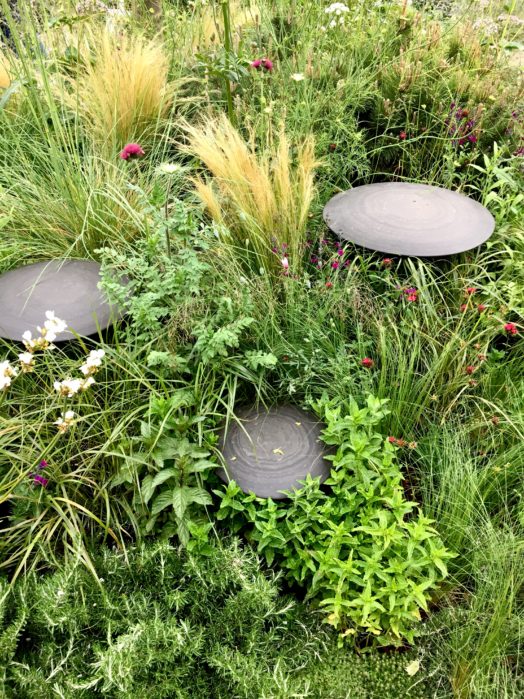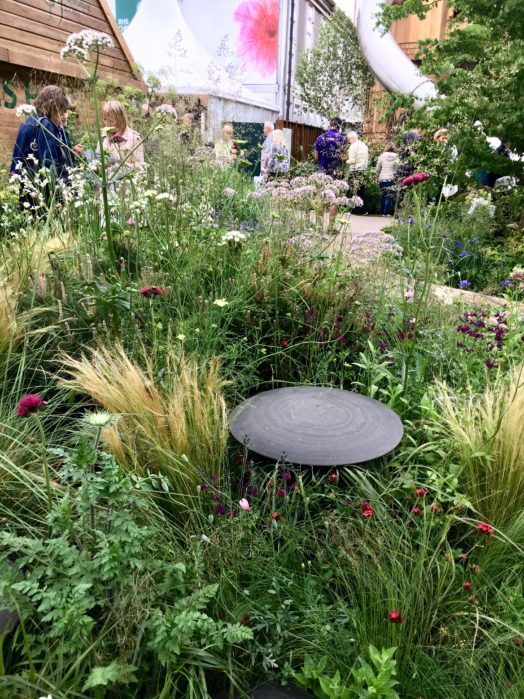The GreenInCities project tackles the challenge of bringing nature-based solutions to deprived urban areas to improve mental well-being. Learn how NeuroLandscape is contributing with innovative assessment methods.
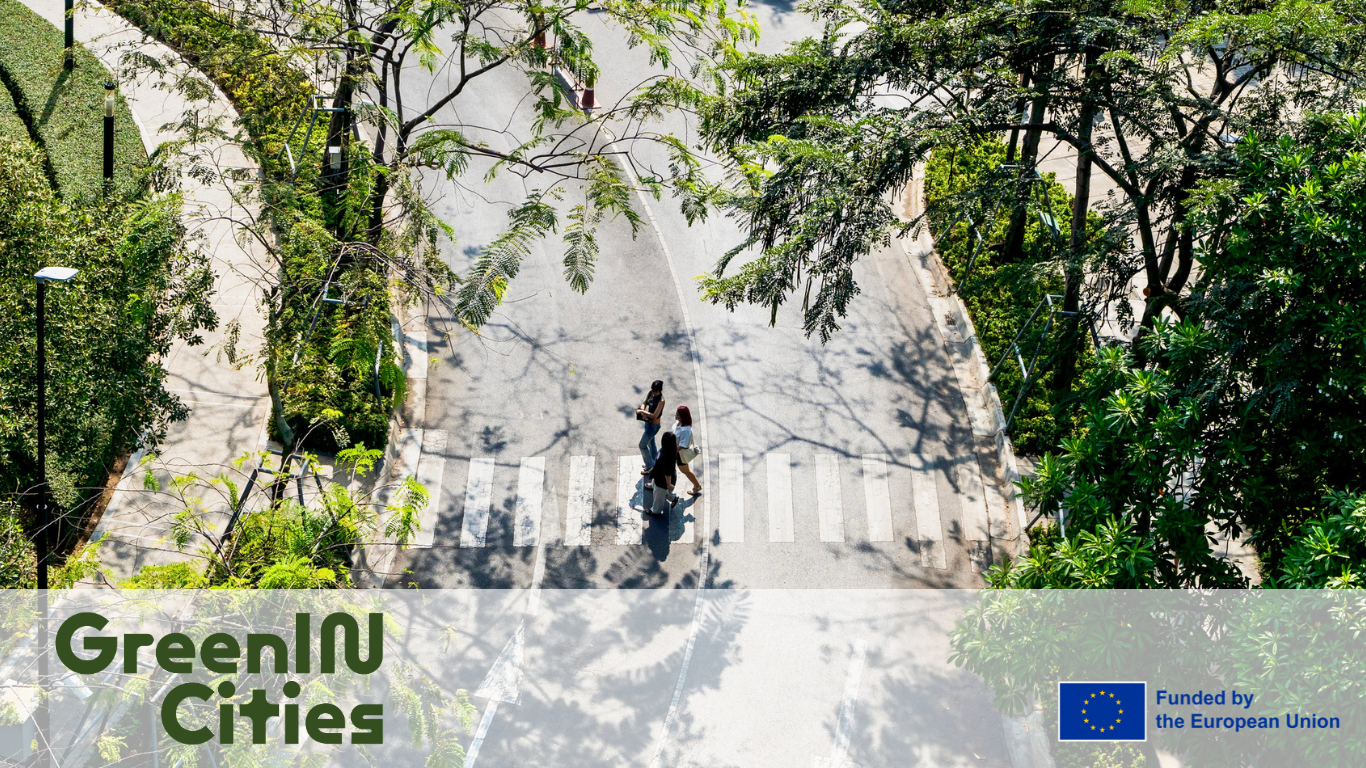
As urban areas expand and crowding surges, accessing green spaces has become increasingly challenging. The issue goes beyond aesthetics; studies consistently link access to nature with improved mental and physical well-being. However, existing efforts to regreen these urban spaces often prioritize affluent, tourist-heavy areas, leaving behind disadvantaged neighborhoods across Europe (European Commission, 2023).
Introducing: The GreenInCities project
The GreenInCities project, funded by Horizon Europe, aims to address this gap. Launched in January 2024, GreenInCities brings together a consortium of experts to redefine urban regeneration strategies for deprived areas. The four-year project focuses on developing, implementing, and monitoring Nature-based Solutions (NbS), effectively bridging urban planning with ecological sustainability.
GreenInCities adopts a comprehensive approach to urban regeneration, prioritizing the mental health needs of the cities and residents involved. The project leverages innovative tools and methodologies, including, but not limited to:
- Augmented Reality (AR): This technology enables the pre-visualization of landscape changes, facilitating community engagement and informed decision-making.
- Mobile Electroencephalography (mEEG): mEEG assesses the impact of NbS interventions on the mental health of local communities.
- Artificial Intelligence (AI): AI plays a crucial role in optimizing planning and analysis, tailoring NbS efforts to the specific needs of each city.
These cutting-edge techniques ensure that regreening efforts seamlessly integrate into urban environments while remaining adaptable to meet the unique needs of each city and its residents.
GreenInCities: Objectives and Outcomes
The GreenInCities project boasts a variety of specific objectives, all designed to amplify the impact of NbS for all stakeholders, from policymakers to citizens. Through collaborative efforts and a multidisciplinary approach, the project endeavors to achieve the following:
- Establish an Online Repository: This repository contains existing NbS implementations to serve as a valuable reference point for project activities.
- Develop a Sustainable Renaturing Toolbox: This toolbox will comprise assessment methodologies and decision-making processes aligned with the goals and key indicators of local stakeholders, such as regional urban planning strategies.
- Create Renaturing Guidelines: These guidelines, based on an evaluation matrix, will guide the implementation and maintenance of NbS across diverse sites.
- Design Collaboratively a Data Infrastructure and Management System: This system will manage the data collected from greening initiatives across partner cities.
- Co-Develop and Validate Predictive Tools: These tools, using the data collected by multimodal sensors, will facilitate pre- and post-intervention assessments to measure the effectiveness of NbS interventions.
- Utilize Advanced Immersive Technologies: The project will leverage Augmented Reality to visualize changes in pilot areas before and after interventions, enabling proactive insights and adaptive planning for maximizing the positive impacts of NbS efforts.
NeuroLandscape’s Contribution to GreenInCities
NeuroLandscape (NL) is proud to be part of this groundbreaking project. Our involvement demonstrates our commitment to advancing regreening efforts through a “human-in-the-loop” approach. We aim to ensure these initiatives benefit the entire ecosystem, from those initiating regreening efforts to the end users – the citizens who witness these positive transformations in their daily lives.
Within the project’s scope, NL will develop a methodology for assessing citizens’ mental health before (pre) and after (post) regreening interventions. This methodology will leverage advanced neuroscience tools such as mobile Electroencephalography (mEEG). Once developed, the methodology will be disseminated within the consortium and implemented through field studies in at least three pilot European cities where regreening initiatives will take place.
Building upon these assessments, NL will create a “mental health digital twin.” This innovative concept involves the development of automated pre/post measurements for regreening interventions using machine learning methods. This eliminates the need for direct measurements on human subjects while harnessing the predictive capabilities of AI to forecast the impact of NbS interventions on mental well-being.
Our involvement in GreenInCities represents a significant step forward for our organization, solidifying our commitment to advancing urban regreening initiatives through innovative approaches. We are dedicated to making a positive impact on the broader community by promoting mental health and environmental well-being in urban areas.
Want to learn more about how GreenInCities is transforming urban landscapes and improving lives?
Visit the project website or follow us on social media (Twitter, Instagram, LinkedIn) for updates!
Keywords: Urban greening, nature-based solutions (NBS), mental health, well-being, deprived urban areas, equitable regeneration, Horizon Europe project, mobile EEG, machine learning, digital twin, citizen engagement, sustainable cities.
(GreenInCities Project (2024). Project Ref# HORIZON-MISS-2023-CLIMA-CITIES-01 grant agreement No 101139730. https://cordis.europa.eu/project/id/101139730)

